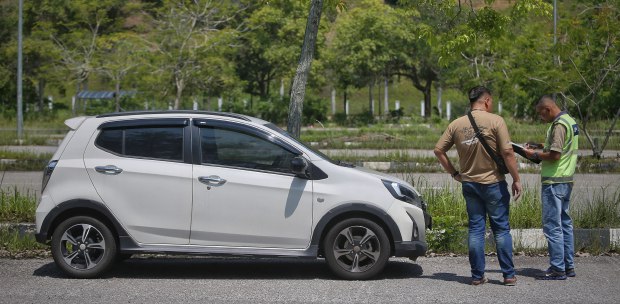IN the ongoing political drama in Malaysia, those who probably are set to lose are the nation’s youth: already disengaged and disaffected and at risk of even losing more faith in the political system.
In many countries, we are witnessing a profound decline in youth civic engagement. Only few places around the world have a new generation of political leaders below or just above 40. The rest are still caught up with old-style politics.
We are seeing this first-hand here in Malaysia. With running for local office a less and less attractive option, there is another path forward, not less difficult or taxing but equally rewarding and important: become a champion of civic engagement. What are the benefits and what can a youth get out of it?
Civic engagement is not that different from joining politics. It’s about taking care of the people and the society, addressing unique challenges and trying to come up with solutions. Similarly again, civic engagement has something else in common with politics: showing up in times of adversity, even if this invites criticism.
Civic engagement is about leadership, too, about working along with others, showing the values that are important to you. If you do civic engagement at the grassroots or national level, always remain focused on the end goal, setting apart the divisiveness of picking a side. Instead of choosing an ideology or ethnicity or a faith, you will focus on solving a problem, neutrally.
The fact that youth in Malaysia and elsewhere are disengaged is one of the most worrying signs that the new decade will be marred by apathy, disinterest and the collapse of the civic society. That’s why former US President Barack Obama is investing all his energies into his foundation dedicated to the promotion of youth empowerment.
A predecessor, Bill Clinton, set up a school of public service and this helps understand the sense of urgency among American leaders about civic engagement.
Here’s an appeal and a proposition to schools and universities in Malaysia: they can generate know-how, technical expertise and enlightenment, igniting civic passion among students. The challenge is shifting from a way of working that instills and nourishes students’ mindsets to focus on final marks and getting a job after years of hard study, to an approach that is based on infusing "community" leadership skills into them.
Just last year I witnessed one of the best example examples of inclusive engagement carried out by students from one of the most distinguished not-for-profit universities. It was a festival about disability and sports. The only problem is that it was part of a final year project and the same student leaders who created the event have now joined the job market. Now the university is struggling to replicate the initiative.
It was great but short term and with only extrinsic motivation, getting some good marks at the end. So, how can we shift from an obsession with short term leadership training to a more comprehensive approach that puts Malaysian universities at the vanguard of civic engagement?
One idea is to establish a unit or a centre for civic engagement in each university, promoting students’ leadership through practical projects, offering trainings that embeds public policies with technical expertise, requiring on-the-field follow-ups, and promoting ideas’ challenges within the campus and the local community. You can start small, using, for example, the work already being done in the area of soft skills development, extending the focus, involving interests from different faculties and subjects.
If there is any university leader reading this column, you have a big opportunity ahead and it is an exciting one: promote among your students real opportunities for self-leadership, forging citizens who can become active, engaged and responsible. It is not going to be easy but if I were you, I would go all the way to make Malaysian universities incubators of civic engagement.
Go all the way to support your champions, bring on board your employees and start the next paradigm change. Follow the Obama and Clinton way. Perhaps, by default, politics will also benefit and as result, get better too for everybody too.
*The writer is the Co-Founder of ENGAGE, an NGO partnering with youths to promote social inclusion and youth empowerment. He can be reached at [email protected]






